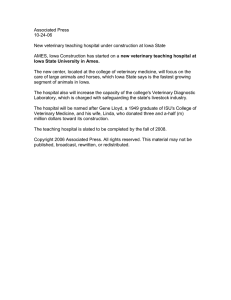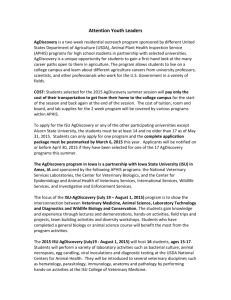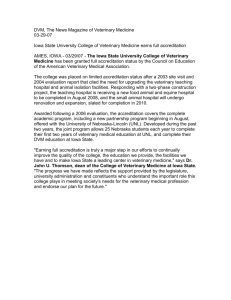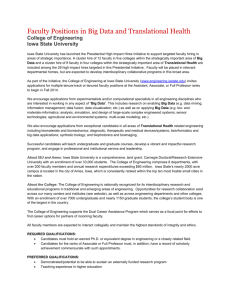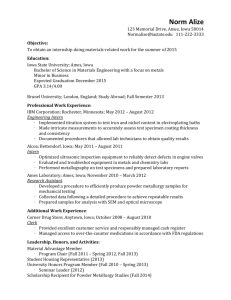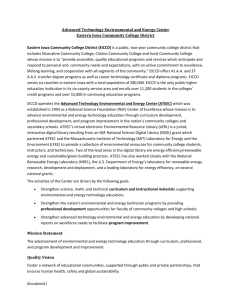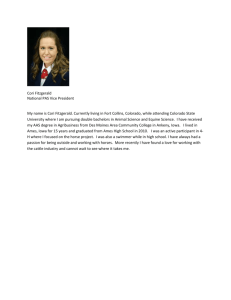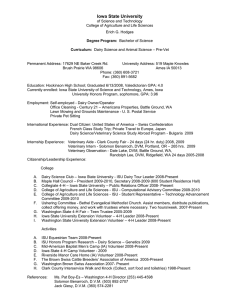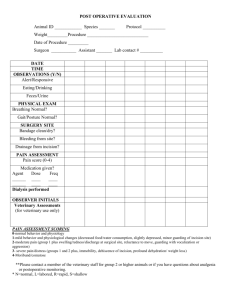Related File
advertisement
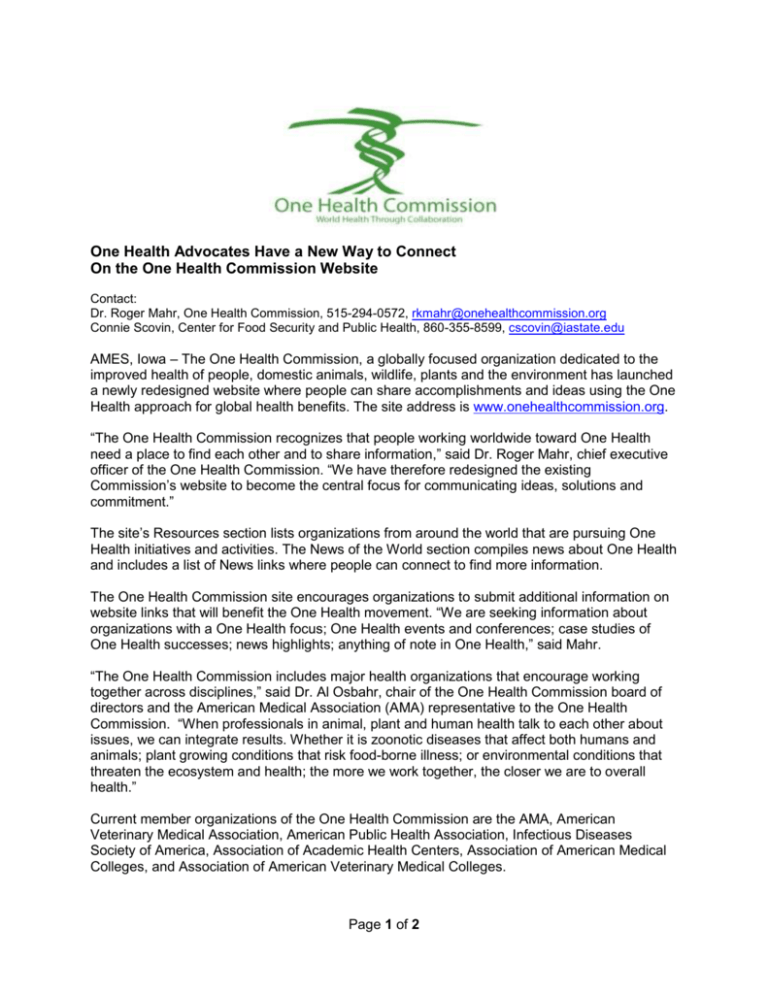
One Health Advocates Have a New Way to Connect On the One Health Commission Website Contact: Dr. Roger Mahr, One Health Commission, 515-294-0572, rkmahr@onehealthcommission.org Connie Scovin, Center for Food Security and Public Health, 860-355-8599, cscovin@iastate.edu AMES, Iowa – The One Health Commission, a globally focused organization dedicated to the improved health of people, domestic animals, wildlife, plants and the environment has launched a newly redesigned website where people can share accomplishments and ideas using the One Health approach for global health benefits. The site address is www.onehealthcommission.org. “The One Health Commission recognizes that people working worldwide toward One Health need a place to find each other and to share information,” said Dr. Roger Mahr, chief executive officer of the One Health Commission. “We have therefore redesigned the existing Commission’s website to become the central focus for communicating ideas, solutions and commitment.” The site’s Resources section lists organizations from around the world that are pursuing One Health initiatives and activities. The News of the World section compiles news about One Health and includes a list of News links where people can connect to find more information. The One Health Commission site encourages organizations to submit additional information on website links that will benefit the One Health movement. “We are seeking information about organizations with a One Health focus; One Health events and conferences; case studies of One Health successes; news highlights; anything of note in One Health,” said Mahr. “The One Health Commission includes major health organizations that encourage working together across disciplines,” said Dr. Al Osbahr, chair of the One Health Commission board of directors and the American Medical Association (AMA) representative to the One Health Commission. “When professionals in animal, plant and human health talk to each other about issues, we can integrate results. Whether it is zoonotic diseases that affect both humans and animals; plant growing conditions that risk food-borne illness; or environmental conditions that threaten the ecosystem and health; the more we work together, the closer we are to overall health.” Current member organizations of the One Health Commission are the AMA, American Veterinary Medical Association, American Public Health Association, Infectious Diseases Society of America, Association of Academic Health Centers, Association of American Medical Colleges, and Association of American Veterinary Medical Colleges. Page 1 of 2 The Iowa State University One Health consortium that works closely with the One Health Commission includes the ISU Colleges of Veterinary Medicine, Agriculture and Life Sciences, Business, Design, Engineering, Human Sciences, and Liberal Arts and Sciences; the ISU Extension; the University of Iowa Carver College of Medicine and College of Public Health; the University of Nebraska-Omaha Medical Center Colleges of Medicine and Public Health; the USDA Agricultural Research Service National Animal Disease Center, USDA Animal and Plant Health Inspection Services (APHIS) National Veterinary Services Laboratories, and USDA APHIS Center for Veterinary Biologics; the Nutrition and Wellness Research Center; the Center for Food Security and Public Health; the Institute for International Cooperation in Animal Biologics; the Partnerships in Prevention Science Institute; the Plant Sciences Institute; and the Center for Advanced Host Defenses, Immunobiotics and Translational Comparative Medicine. The One Health Commission has established its headquarters at Iowa State University in Ames, Iowa. For more information on the One Health Commission, visit www.onehealthcommission.org. About the One Health Commission The One Health Commission is a globally focused organization dedicated to promoting improved health of people, domestic animals, wildlife, plants and the environment. The organization is dedicated to informing all audiences about the importance of transcending institutional and disciplinary boundaries, and transforming the way that human, animal, plant, and ecosystem health professionals, and their related disciplines, work together to improve the health of all living things and the environment. 30 Page 2 of 2
